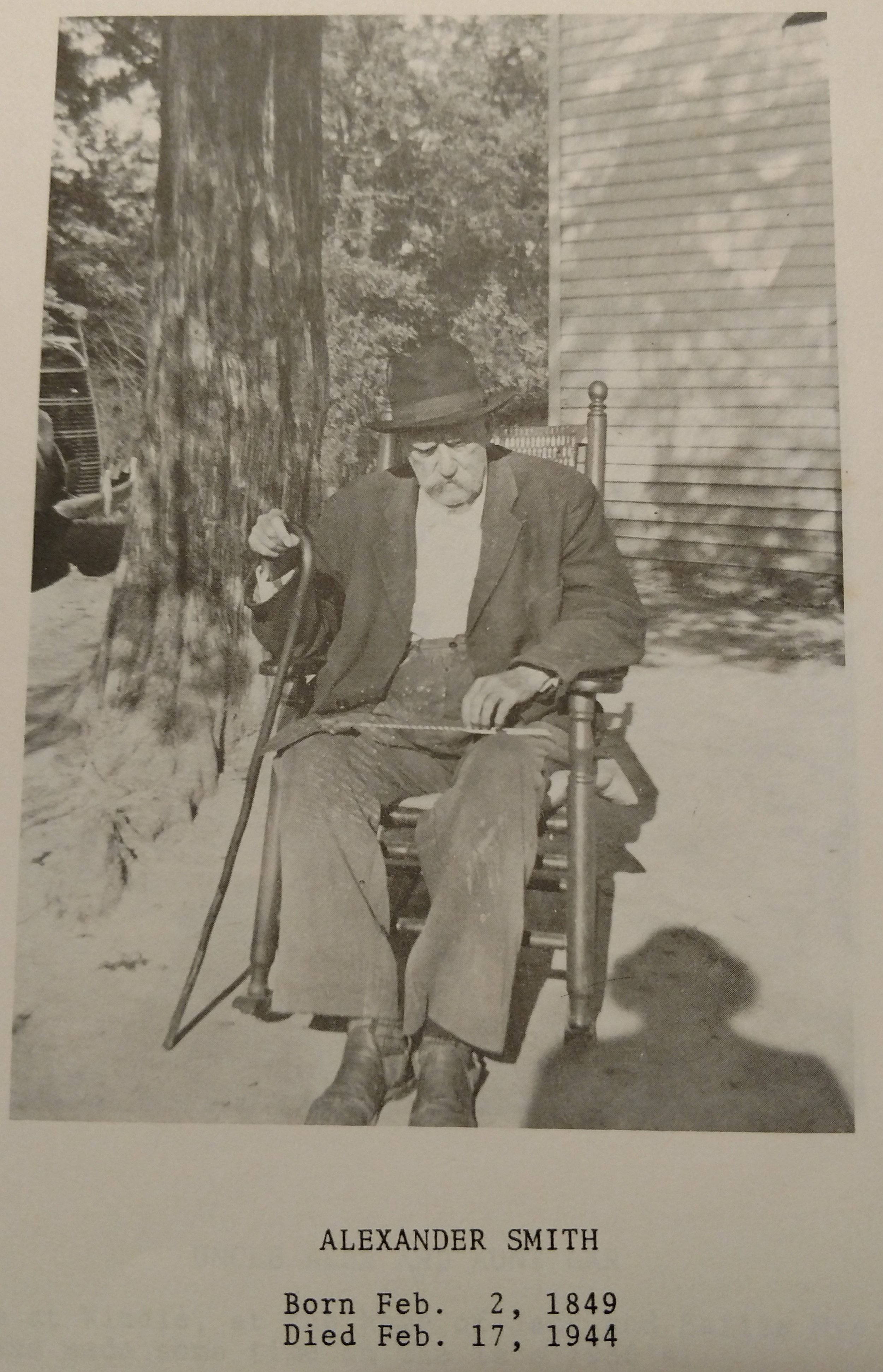The Gully-Washer and Dam-Buster
/Excerpt from Callie Melton’s ‘Pon My Honor
Youg’uns may learn a lot more things at school now than they used to, but I’ll guarantee they don’ have half as much fun. Why, we all laugh fit to kill ever time we think about one day when we played meetin’ at Windle.
Now the Methodists always held their protracted meetin’ at Shiloh just about the time that school started at Windle, so we’d always play meetin’ ever recess time all fall. There’d always be somebody good at preaching, another at leading the singing, and somebody else’d do the praying.
Miss Minerva was teaching there the year that just about ended our meetin’s. It was one day at dinner recess, when we’d all grabbed a piece of cold bread and meat in one hand and a baked sweet tater in the othern, and took off across the big gully to the patch of woods where we played. There was a big flat stump on the hillside that the preacher stood on, while the rest of us’d set on the ground in front of him. We’d been to Shiloh that morning to preaching, so everbody was all tuned up for a good’un.
Earl was doing the preaching that day, and his text was on whatever it was that he’d heard that morning. He preached real good, and if you hadn’t known that it was just a bunch of young’uns playing, you’d have swore that it was a meetin’ going on over there in the woods.
The good old stirring hymns like OLD TIME RELIGION, FATHER’S GOT A HOME and ON JORDAN’S STORMY BANKS were sung with feeling, and when the altar call was made the Mourner’s Bench was full. A good old sister or two would give a shout now and then, and the “A-men’s” were heard on ever side. Then Earl called on O.B. to pray. Now O.B. really threw himself into it. Long and loud he prayed, and over and over he begged, “Lord, send us a gully-washer and a dam-buster.”
No telling how long all this would have gone on, but the bell for books broke it up and everbody took off for the schoolhouse.
Not long after dinner a quick cloud come up, the wind begin to [b]low, and great deep peals of thunder shook the house. The young’uns all got scared, and some of the littlest’uns begin to cry. Just as the downpour of rain come, Miss Minerva started the whole passel of us across the footlog to the nearest neighbor’s house.
It looked like the sky had just opened up and was letting it all come down at once, but Miss Minerva stood there at the footlog and watched all the young’uns safely across. Then, as she started over she remembered her Divine Book that was so precious to her, so back to the schoolhouse she run to get it. When she finally got back to the footlog, the water was rolling down the gully like a tide, and it had just about covered the log. But she dashed out on it anyway. Then about middle-ways across she lost her footing and fell in. Some of the big boys were watching and saw her, so they run out and managed to catch her down-stream and pull her out. But her Divine Book was washed away, and she was might night drownded.
Now O.B. and Earl were half-grown before they quit crawling under the bed ever time it thundered. And never again would they play meetin’. They thought for sure that the Good Lord had answered O.B.’s prayers for a “gully-washer and a dam-buster.”














